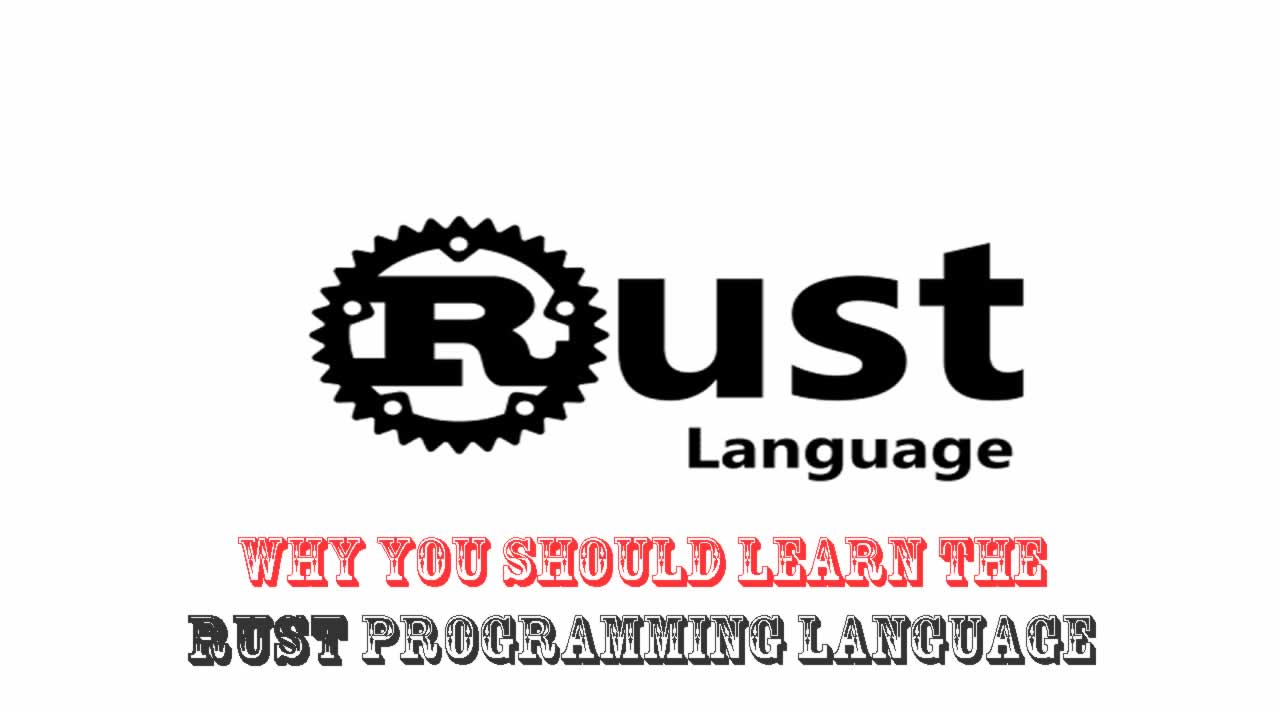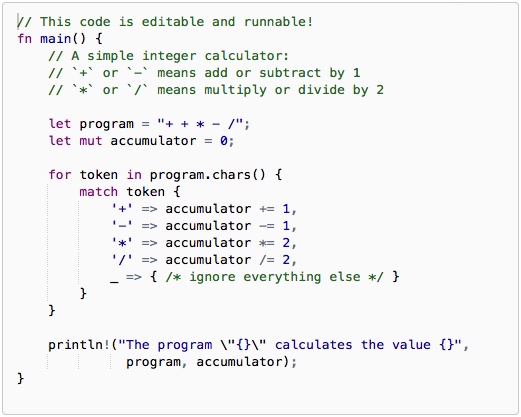

Specifically, it was a memory and concurrency safe language, did not have a garbage collector, had an advanced type system, had support for asynchronous programming (which we find essential for networking code), and all of this while being extremely performant.

Rust was essentially satisfying all of our requirements and also had some bonus points. In 2018 the situation was different, thus after an in depth re-evaluation we decided to go for it. We had evaluated Rust already in 2016 and discarded it as we had felt that the language wasn’t sufficiently mature. While this is now widely discussed, we were already well aware that ~70% of security issues are created by memory management issues.

At the same time we did not want to use C/C++ for security reasons. But Go was for me a "no-go" as the language isn’t sufficiently expressive, extremely verbose and with a garbage collector. In other terms, for which you can more easily find developers across the globe. The first version of Zenoh was developed in OCaml, a functional programming language that is quite popular in academia, such as Yale, Cambridge and the top engineering schools in France, and finds some strong users in applications that require good performance, productivity, security and safety.Īround 2018 we were a bit frustrated by the fact OCaml’s support for multicore was not maturing quickly enough (was eventually released in 2023) and we had pressure from some of our major users in the telecommunication industry to move toward a programming language that was more mainstream. Mission Critical: How did the decision to switch to Rust come about, and what were the main benefits you saw from making that change?


 0 kommentar(er)
0 kommentar(er)
